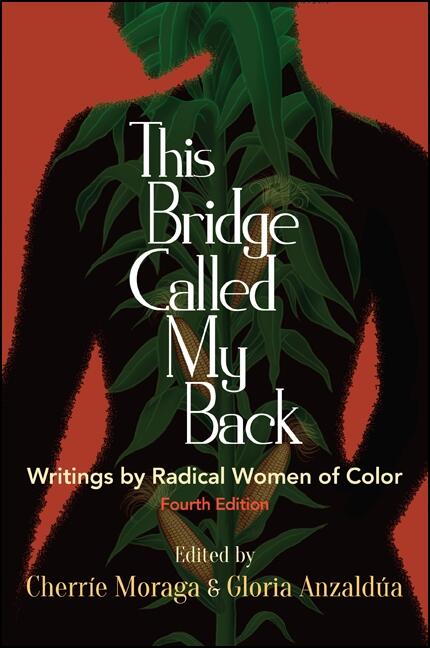Hispanic Heritage Month began last week. As we celebrate both Hispanic heritage and Hispanic contributions to United States history, we are going to focus on an area often under explored: Chicana feminism.
The Second Wave of Feminism is largely seen as the feminist movement that began with The Feminine Mystique by Betty Friedan in 1963 and then lasted into the early 1980s. Over a twenty year period, women pushed for equality that went far beyond the right to vote, which is the right that defined the first wave of feminism (1848-1920). Even within the noble aims of this second wave, however, many feminists of color felt a disconnect between the fight of their white counterparts and their lived reality. Thus, Black and Chicana feminists often called out racism within the movement and sometimes banded separately from the “mainstream” movement to fight for rights at the intersection of race and sex.
The disconnect felt by Chicana feminists in particular are illuminated in a provocative poem by Jo Carillo. Carillo was Chicana and Native American and published this poem, entitled “And When You Leave, Take You Pictures With You,” in This Bridge Called My Back: Writings by Radical Women of Color, published in 1981. For today’s blog, we want to publish the poem below, as it gives a good glimpse into a perspective of Chicana Feminism. In our DBQ on the second wave of feminism, students analyze this poem as well.

Our white sisters
radical friends
love to own pictures of us
sitting at a factory machine
wielding a machete
in our bright bandanas
holding brown yellow black red children
reading books from literacy campaigns
holding machine guns bayonets bombs knives
Our white sisters
radical friends
should think
again.
Our white sisters / radical friends
love to own pictures of us
walking to the fields in the hot sun
with straw hat on head if brown
bandana if black
in bright embroidered shirts
holding brown yellow black red children
reading books from literacy campaigns
smiling.
Our white sisters
should think again.
No one smiles
at the beginning of a day spent
digging for souvenir chunks of uranium
of cleaning up after
our white sisters
radical friends.
And when our white sisters
radical friends see us
in the flesh
not as a picture they own,
they are not quite sure
if
they like us as much.
We’re not as happy as we look
on
their
wall.